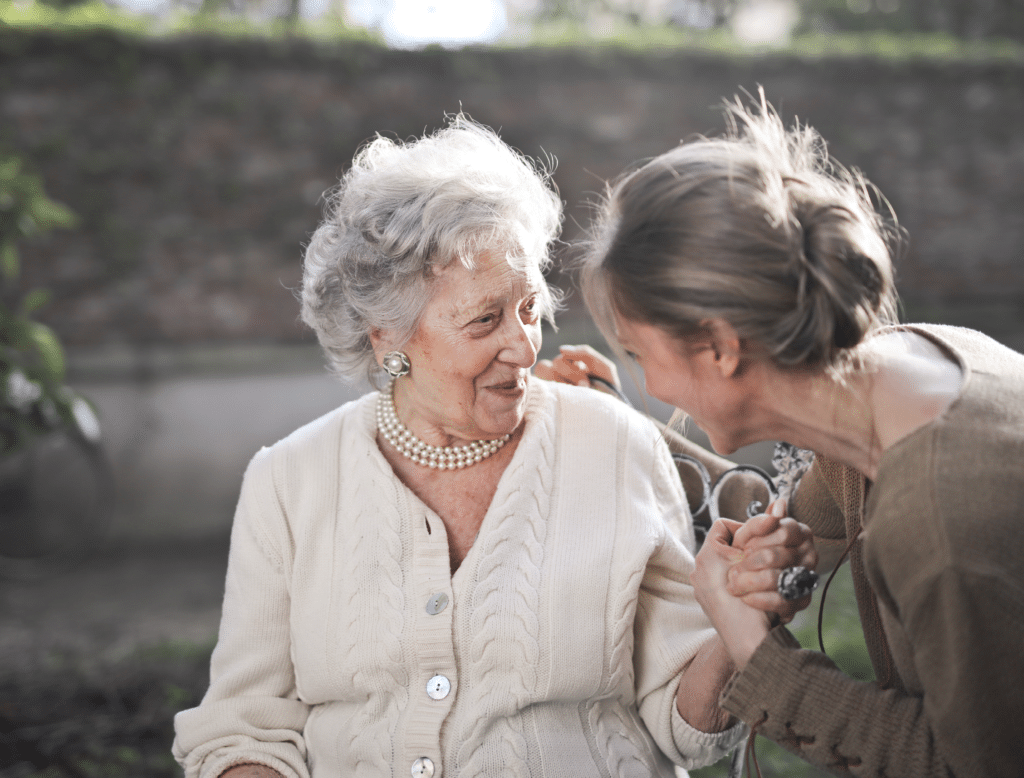Janeane Harlum, District Palliative Care Manager & Service Development at South Western Sydney Local Health District and President for Palliative Care Nurses Australia (PCNA) has written for the CareSearch Blog: Palliative Perspectives.
Rewards of being a palliative care nurse
The World Health Organization (WHO) describes nursing as encompassing autonomous and collaborative care of individuals of all ages, and their families. Groups and communities, sick or well and in all care settings. It includes promotion of health, prevention of illness, care of the ill, disabled and dying people.
Nurses, no matter where they work, or in whatever area of practice will care for patients who have palliative care needs and those who require end-of-life care. Whether a new graduate, a practice nurse, aged care, paediatrics, community nurse , other specialties’ or working in specialist palliative care, nurses need to continue to develop their clinical skills. This includes communication skills, and understanding of palliative care to provide appropriate physical, emotional, cultural, spiritual and practical needs of patients and their families which are based on valuing their end of wishes.
The essence of the WHO definition of palliative care “improves the quality of life of patients and their families facing life-threatening illness, through prevention and relief of suffering by means of early identification and impeccable assessment and treatment of pain and other problems, physical, psycho-social and spiritual” should be at the core of nursing.
Palliative Care Nurses Australia (PCNA) recognises that all nurses are uniquely placed to shape and improve the delivery of palliative care. Nurses spend the greatest period of time with patients and can advocate for their needs as well as providing care.
The rewards of palliative care nursing are many and include the human connection to not only the patient, but also their carer/family; establishing relationships built on trust, maintaining realistic hope, respecting choice, relief of, or improvement of symptoms, the privilege “to be with” someone who needs a listening ear, their hand held at a time of loneliness or fear, and being present with a dying patient and supporting families in their time of grief.
Click here to continue reading this article on the CareSearch website.

Photo: Janeane Harlum, District Palliative Care Manager & Service Development at South Western Sydney Local Health District and President for Palliative Care Nurses Australia (PCNA)


